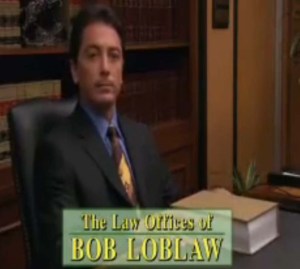Sad as it is to say, there’s been a lot in the media about Michigan’s jail over-population problems. A few years back it was decided to create a new jail in Wayne County to begin housing some of the overflow. A noble plan, no?
You know what they say about good intentions and the road to hell. The project quickly turned into a quagmire, with each side blaming the other one for mismanagement and the delay of construction. By 2013, the building had sat unfinished for so long the management of Wayne County began to debate the merits of selling the lot and converting it to retail and hotel space.
On Halloween of that year, Wayne County put forth a pretty scathing lawsuit suggesting that AECOM Services, the contractor behind the project, had mismanaged the project to such a degree that the project could no longer be completed as originally designed.
The lawsuit (text of which is viewable here) cites that the contractor violated their agreement to keep costs under the agreed price of $220 million and that the obligations of their contract were not performed in a timely manner.
But a year later, the contractors fired back with a countersuit alleging that the Wayne County Building Authority committee that oversaw the project was grossly incompetent and too prone to leadership and personnel changes to really effectively manage the project. And it shows: the project’s first chief left for a job at Metro Airport, his replacement left due to scandal regarding his predecessor’s severance package, and then his replacement was fired because of contract issues.
And that’s really all it comes down to: contracts. Too many times a construction project encounters issues because of a lack of agreement on one side; if a contract holds the builder to certain standards but not the contract holder, is that really a fair deal? I’ve seen too many examples of contractors held to expectations that the contract holder is unable to assist with or meet as well. And while it’s maybe unreasonable to ask that a company not change leadership in the middle of a project, some stronger guidelines on how to proceed in such an event would have helped keep work progressing on the matter.
All I ask is that you have any public works contracts looked over before you sign them. If you want to look a little further into it, I’ve seen Howard and Howard give some good advice on their website, and Denewith, Dugan, and Parfitt is a name that comes up a lot too.




